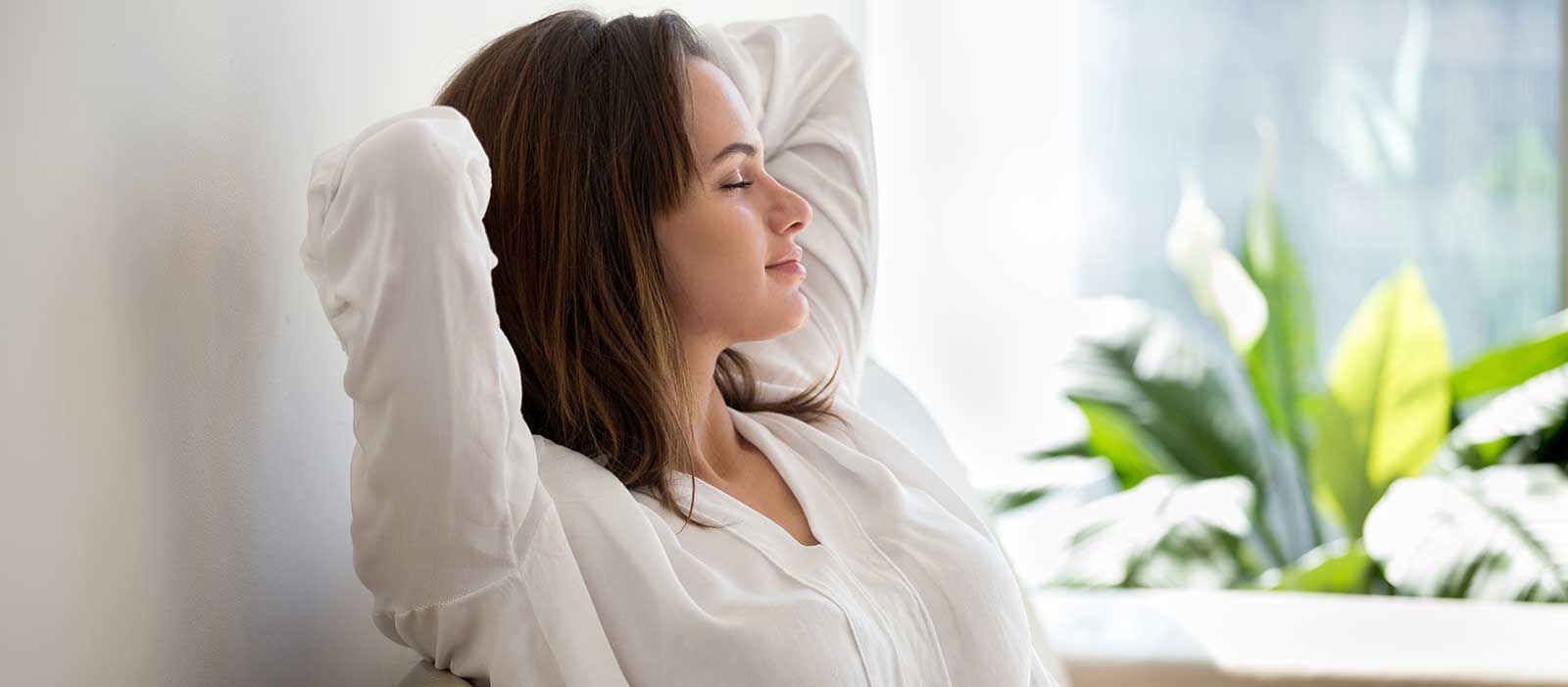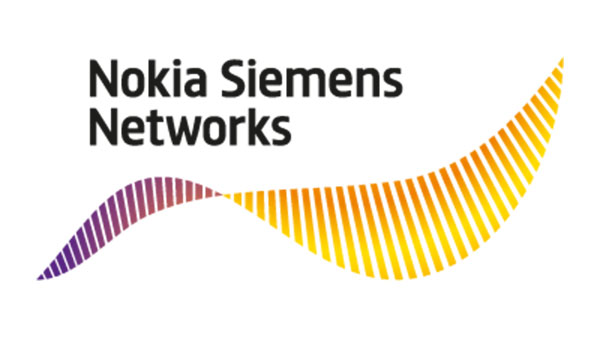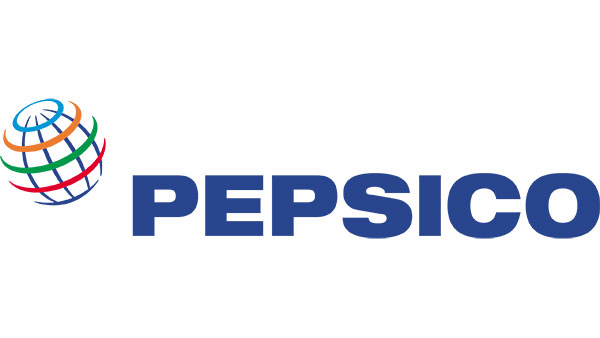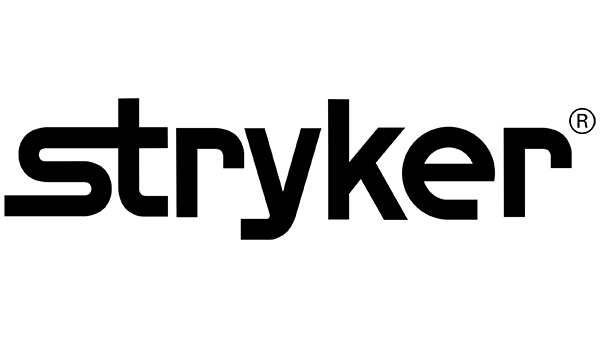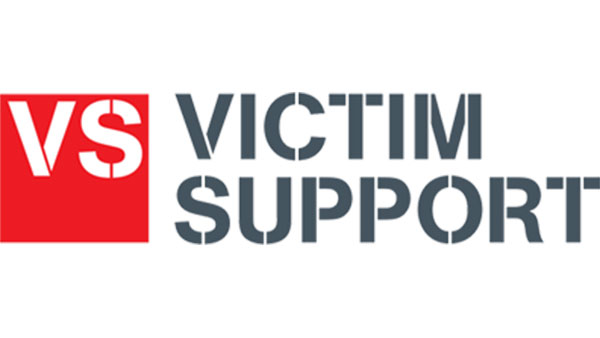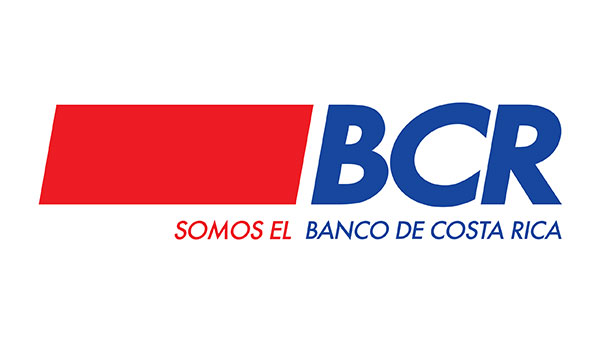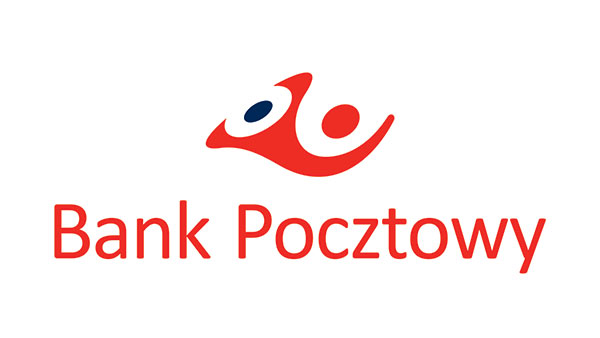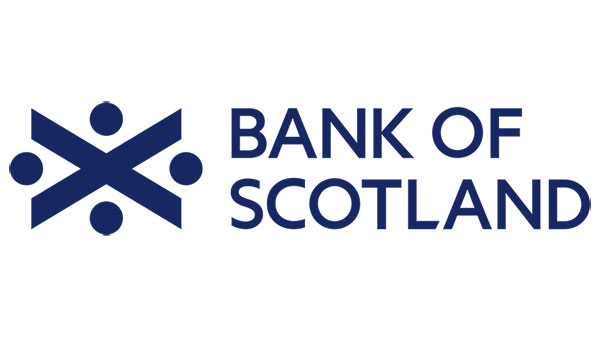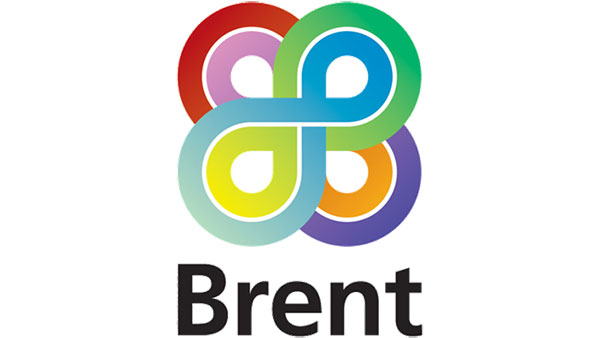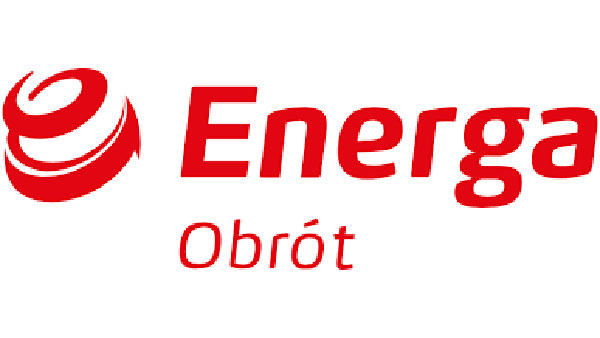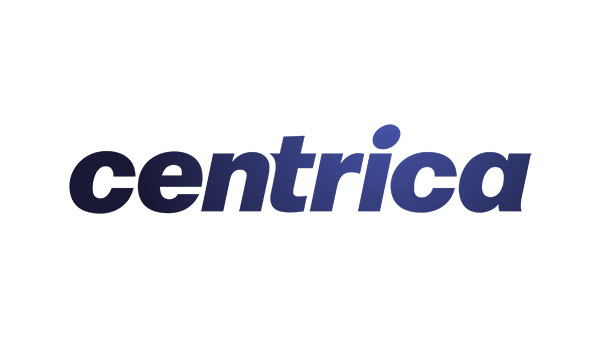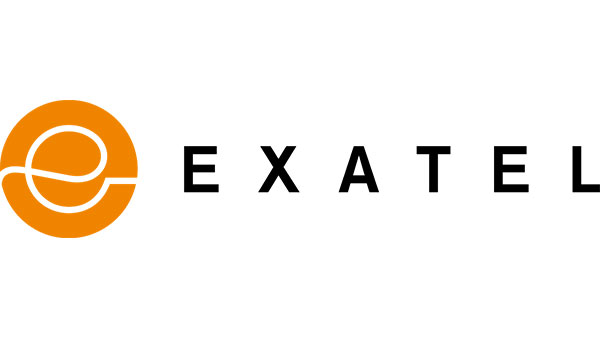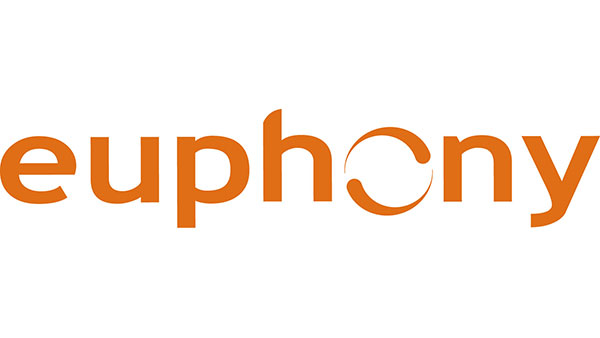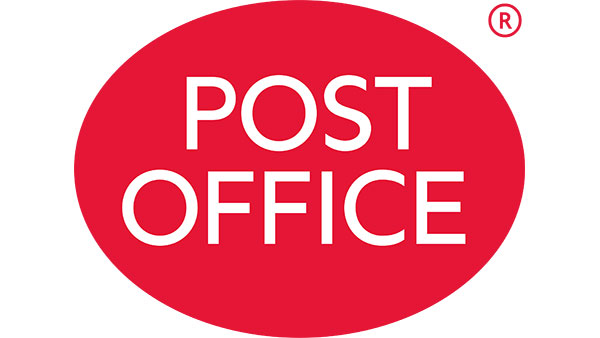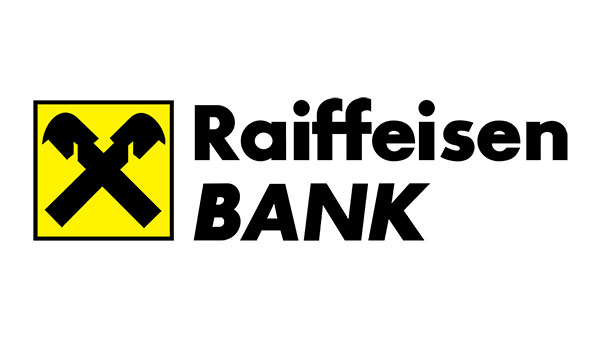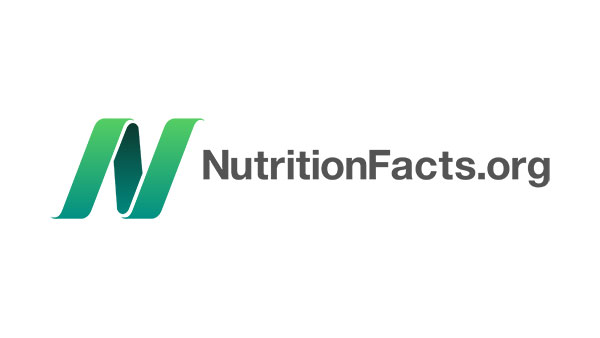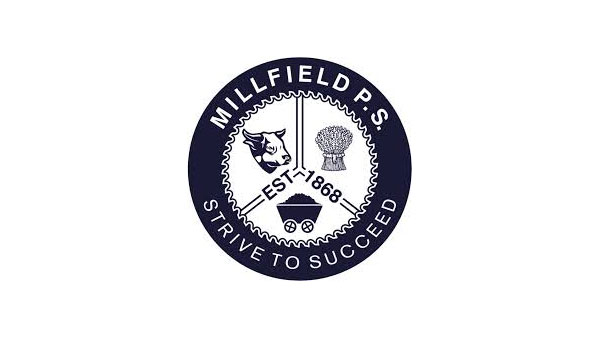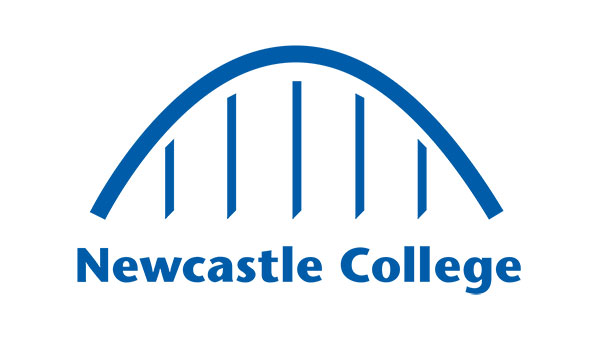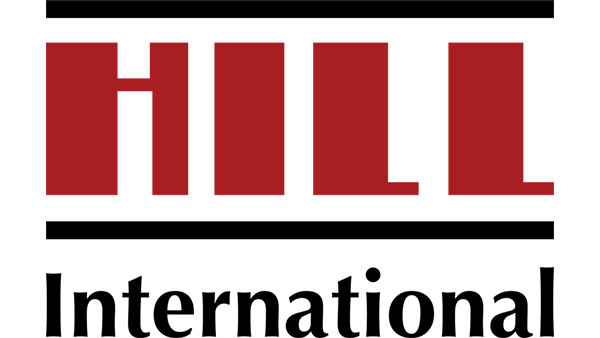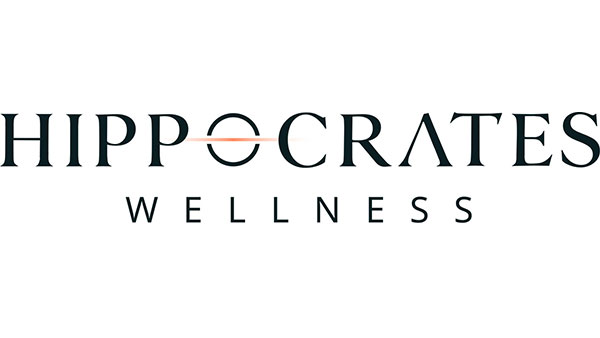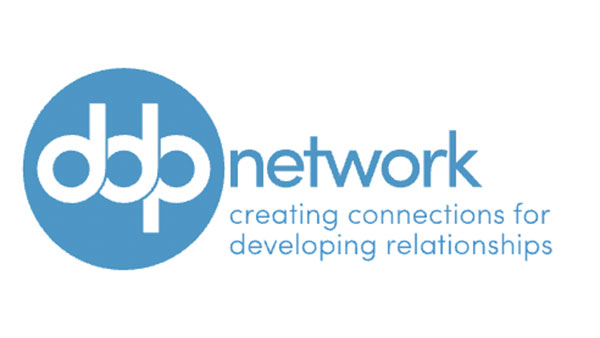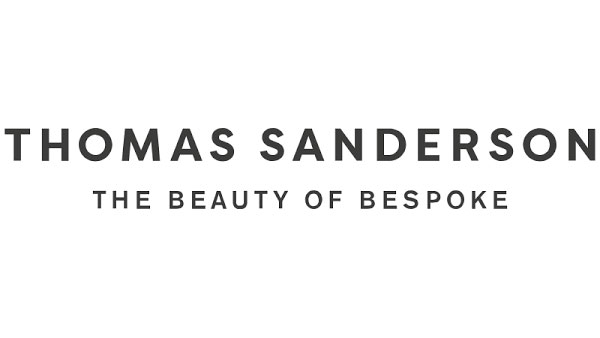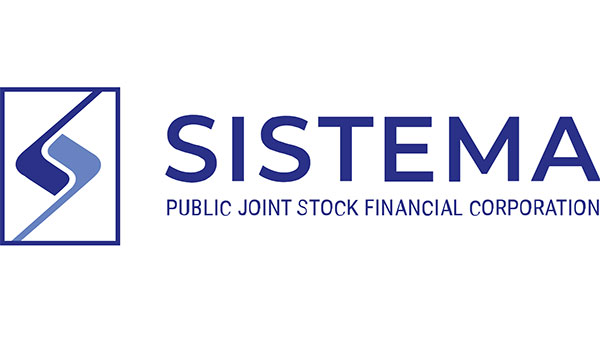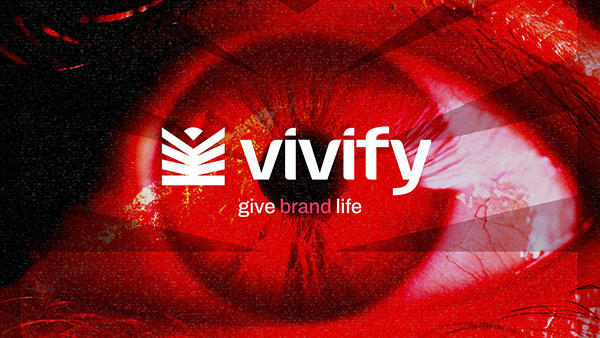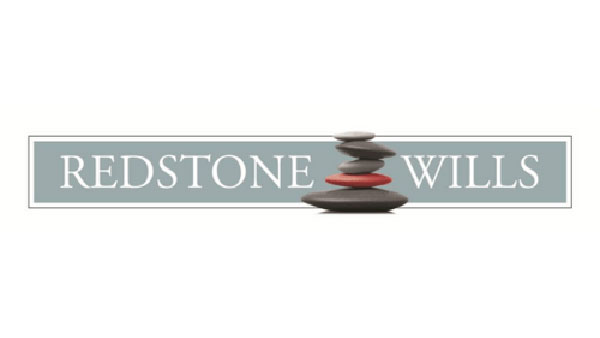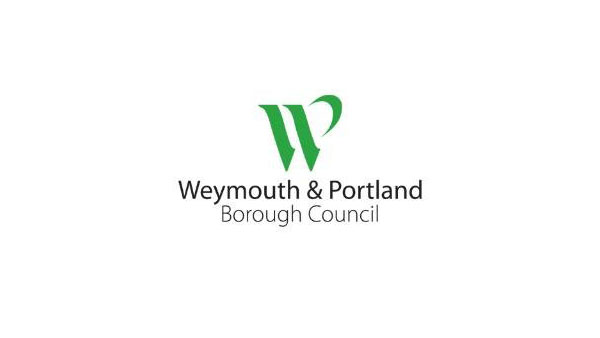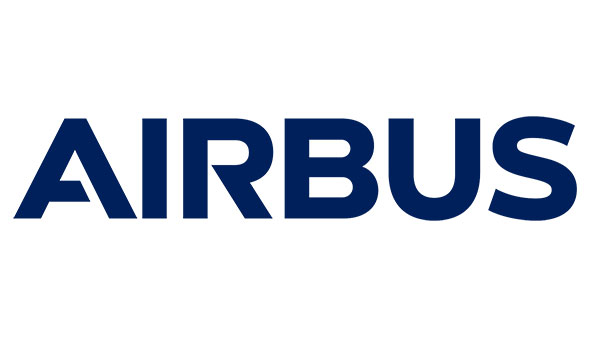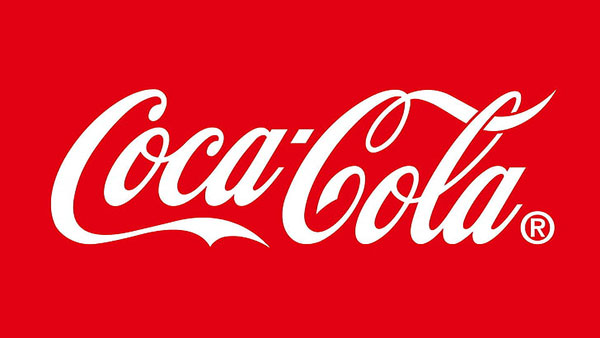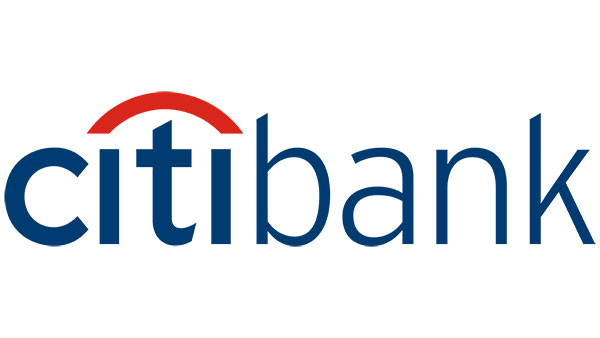The nervous system has a hunger for sensations. Eric Berne wrote about the arousal system in the brain, currently this system has not been studied well or even indeed acknowledged in most medical or scientific journals. Yet, it is brilliant work. Sensations, emotions and feelings travel up the brainstem to the neocortex to determine whether we rationalize our life in our mind, if we are nervous, isolated, overwhelmed or afraid. Or, if we feel more connected to others and are feeling secure we experience optimism, happiness, openness and love for one another. This is universal, as in actuality 80% of information is traveling up, 20% down our bi-directional brainstem system. The heart and how we look after our physiology or body – is more powerful to determine a sense of optimism and fulfillment and feeling good – than trying to ‘think positive – to feel good’. I’ll explain why.
The 2020 pandemic definitely caused most people to struggle with self-regulation or feeling good with social distancing, but it also reminded us we need meaningful social interactions.
In the second-world war it was discovered that to break a persons spirit torture was not the most effective method to use. Solitary confinement and monotony: no sunlight, no human interactions, the same food at exactly the same time in an empty box-like cell left a person’s nervous system devoid of all necessary human nutrition. The mind decayed very quickly under these conditions. This is because the two most debilitating types of human stress are isolation and overwhelm.
If a baby is not picked up, touched, stroked or cared for it will have a mental and emotional breakdown very quickly. This is because the nervous system is not being soothed or stimulated. As adults, we grow into more adaptable and capable beings if we are skilled to live and manage the complexities of modern life, but we still have consistent daily physiological needs for sensations, stimulation and emotional engagement with others that are vital requirements for our emotional & mental health and happiness. This is why community is medicine to assist clients with their mental and emotional health.
However, to build a community of strong relationships: client’s will need awareness of what the positive ways to self-regulate actually are, and then often coaching support to develop and apply the skills needed to self-regulate and co-regulate others.
Clients will need to develop strong relationship building skills to achieve a community of others that provides them with the medicine of constant human nutrition – from meaningful human interactions.
